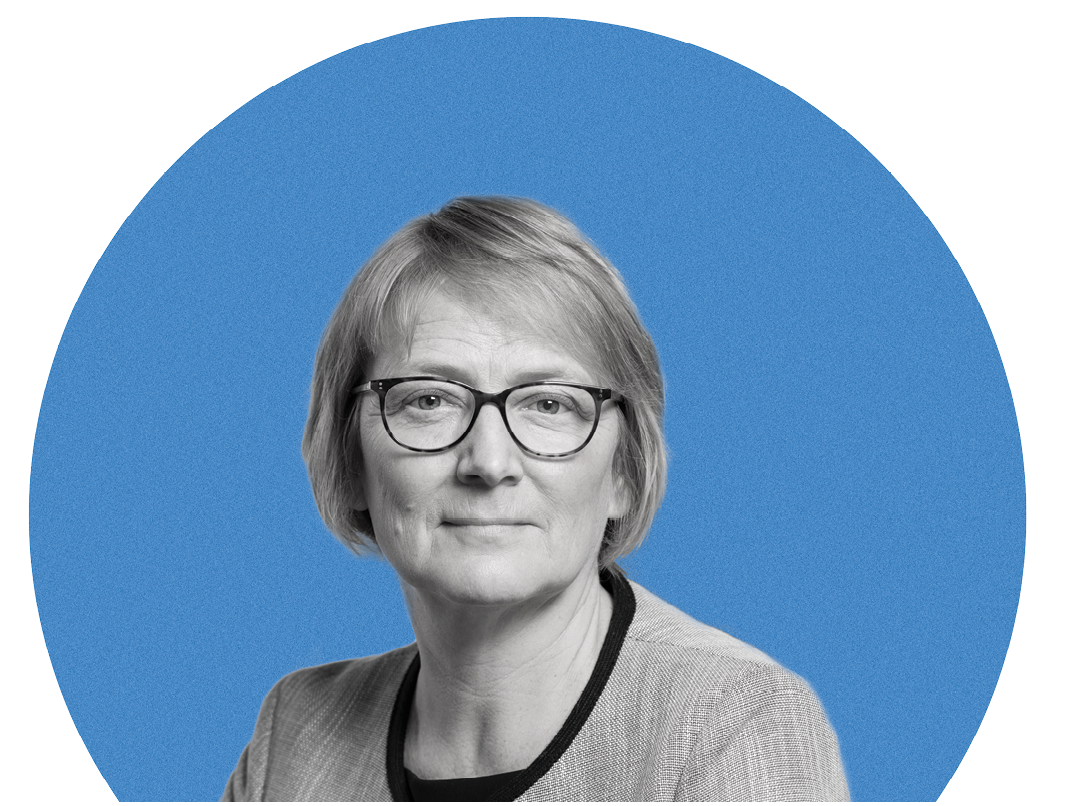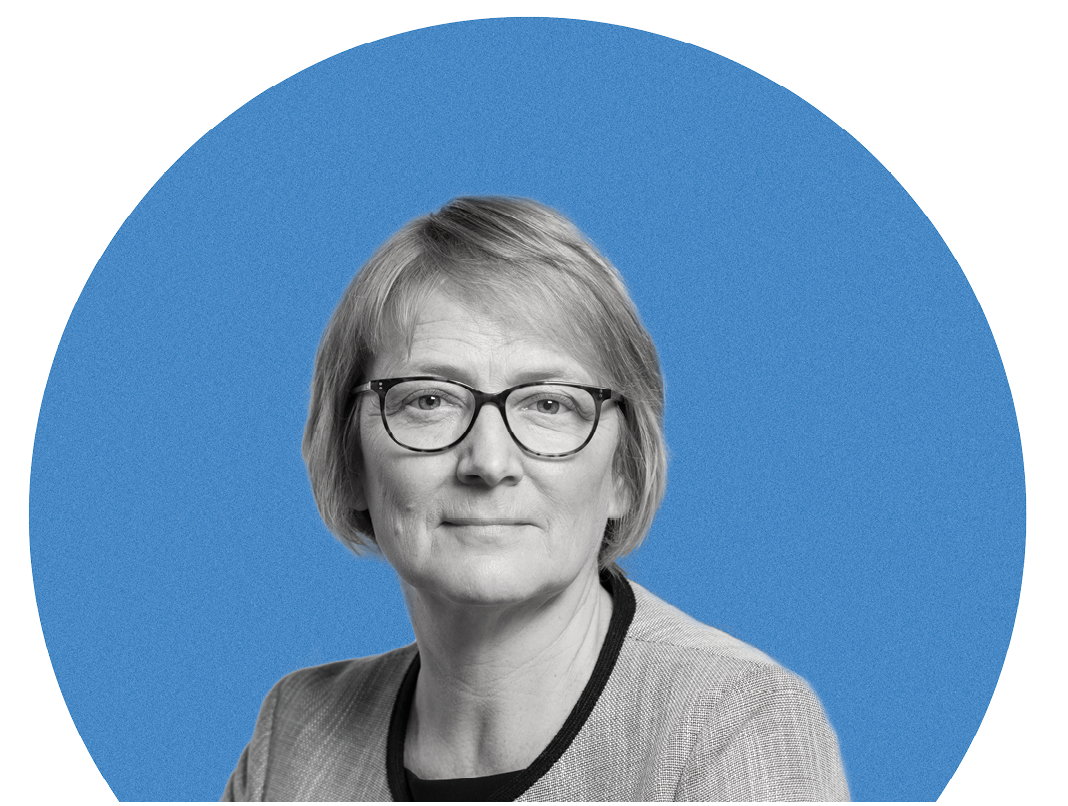Informing Policy and Decisions
Message from the Vice President and Director-General, Evaluation
We once again found ourselves on unfamiliar ground in fiscal year (FY)22. Across the World Bank Group, staff anticipated returning to the office and going on in-person missions again, but the coronavirus (COVID-19) pandemic delayed this return to normality again and again. The war in Ukraine unleashed a new set of challenges for countries already shouldering the social and economic impacts of the pandemic. As the World Bank Group pivoted once again to adapt to changing circumstances, Independent Evaluation Group (IEG) stayed focused on identifying the evidence and lessons that would help inform key decisions on how to meet new and compounding challenges. Along with informing the COVID-19 response, IEG drew on new evaluative work and an extensive body of existing evidence to contribute to the 20th Replenishment of the International Development Association and the Bank Group’s road map for addressing the impacts of multiple global crises on developing countries.
In this complex and changing development landscape, the demand for more rapid and focused evaluative evidence has increased. IEG responded by transforming the way it works to increase the speed at which lessons are surfaced to inform the World Bank Group about situations requiring swift action. Rapid analytical work based on existing evidence allowed evaluators to identify insights that could be of immediate value. We are introducing a new product, Evaluation Insight Notes, as a vehicle for drawing on IEG’s rich knowledge repository to generate insights in a timely manner about important strategic and operational issues.
At the same time, we maintained our line of sight with long-term development challenges in our thematic evaluations. We also contributed to a range of issues that may not have been in the headlines but are vital to development through Learning Engagements on topics such as the environmental and social performance of the International Finance Corporation (IFC), enhancing educational quality and learning outcomes in Sub-Saharan Africa, and improving road safety around the world.
IEG staff also worked to turn FY22 into an opportunity to increase our value. Our efforts led to improvements in technology, evaluation methodology, internal operations, and knowledge management. This maintained the momentum of the ongoing increase in the quality, timeliness, and efficiency of our work. We expanded the focus on outcome orientation to products beyond thematic evaluations and significantly improved our data management environment.
Data infrastructure took a leading role in IEG’s efforts to increase its value. Working with the Information and Technology Solutions department, IEG created a sophisticated cloud-based data and reporting environment, named the IEG Data Hub. The new system includes all Implementation Completion and Results Report Review rating and text data, Project Performance Assessment Report lessons, and Completion and Learning Review Review data. It also provides easier access to Results and Performance of the World Bank Group and Country Program Evaluation data for IEG teams. These improvements will increase consistency and efficiency in evaluation work. We also extended this data access to external parties through a revamped data page on the external site.
The Bank Group has increased its focus on outcome orientation, and IEG stepped up to support this transition. We enhanced our approaches to several products to increase their outcome orientation. We updated the Completion and Learning Review Review template to refine the focus on outcomes and lessons. Country Program Evaluations shifted from being performance-rating devices to identifying Bank Group contributions and addressing country-level binding constraints. The methods team began developing process tracing methodology to capture the effects of advisory and analytics projects on country reform trajectories, curated development partners’ data to better understand the Bank Group’s comparative advantages, and supported portfolio review and analysis focused on outcomes.
FY22 also found IEG exploring new ways to share information and communicate our expertise while maintaining our commitment to face-to-face engagement with our stakeholders. This commitment was fulfilled through diverse types of engagements, both formal and informal, from presentations to the Board of Executive Directors to webinars to ad hoc briefings. To reach new and existing audiences, we launched a podcast called What Have We Learned? that provides a space for more informal discussion about the role and impact of evaluation. The inaugural season featured eight episodes, included internal and external guests, and covered subjects such as measuring results in global development, lessons from previous debt crises, and the use of new technologies in monitoring and evaluation. In addition to this exciting new product, we also innovated to introduce audiences to evaluative insights and drive traffic to the IEG website by translating more of our content into multiple languages and through sharper, more focused social messages and animations.
IEG’s performance in FY22 demonstrated our commitment to ensuring evaluative evidence reaches our diverse range of stakeholders and emphasized our value to informing policy and decisions. We demonstrated, through multiple channels, our ability to quickly gather and synthesize data into meaningful lessons and recommendations. In FY23, we will continue to be a reliable source of evidence to help guide decisions as the World Bank seeks to tackle multiple overlapping crises.

Alison Evans
Director-General, Evaluation


